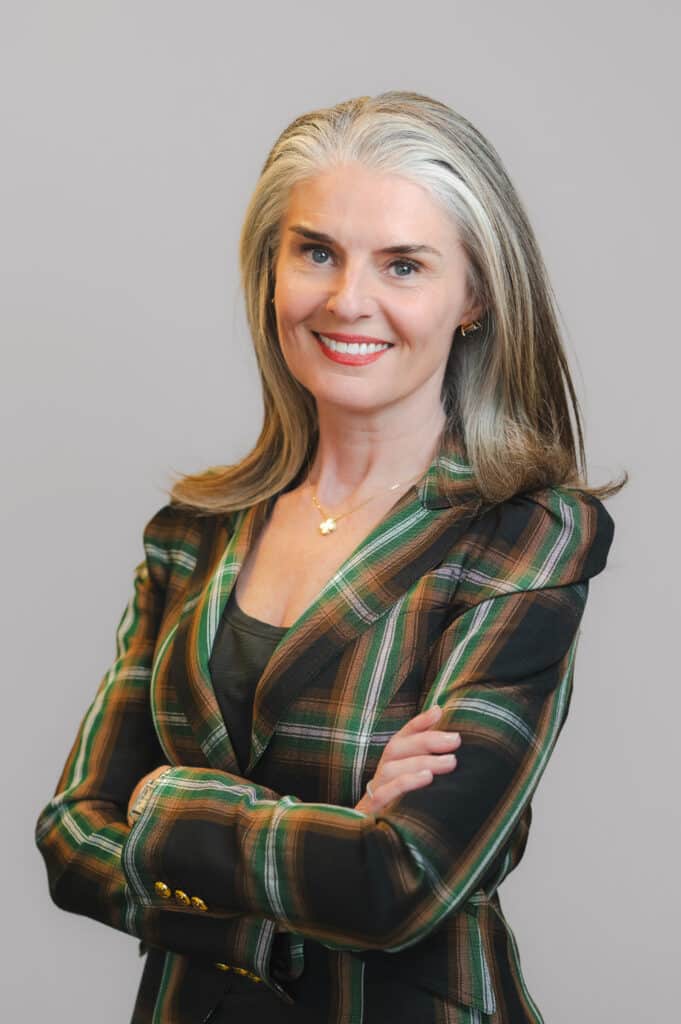When Cary Coglianese sits back and reflects, regulators sit up and listen. Coglianese is the Edward B. Shils Professor of Law and Professor of Political Science, Director, Penn Program on Regulation, University of Pennsylvania. In a recent interview he contemplated the main challenges for regulators over the next twenty-five years.
Coglianese identifies four major intersecting challenges:
- Climate change that will affect many regulators, not just those directly involved in environmental issues.
- Rapidly evolving technology, including but not restricted to AI.
- Socio-political challenges involving a declining public trust in government and regulators.
- Rapid and fundamental changes to institutions including unpredictable changes in the mandate of regulators.
To adapt, he says:
Regulators need to make sure that they’re maintaining the utmost integrity, stellar confidence, and empathic engagement. These qualities have always been important, but they are even more so today, when the work of regulators is in the public eye more than ever before. Regulators need to remember the core precepts of regulatory excellence and keep striving to pursue them.
On technology, he says:
Changing technology has always been an issue for regulators, but AI is a particularly difficult arena of technological change to oversee because, again, it’s not a singular technology, but a suite of technologies. The algorithms are changing and being trained on new data. And the uses to which AI is being put is also expansive and changing.
On the other hand, as much as AI is creating new challenges for regulators, it also holds a lot of potential for governments and regulators to do their jobs better. AI can be used to help triage limited enforcement and inspection resources. It may even replace some humans for overseeing certain complex systems.
In terms of maintaining trust Coglianese says:
… I do think that there is good evidence to show that transparency and effective communication are really important for regulators to use to build confidence and help secure compliance. The relationship between trust and compliance is vital because we have to keep in mind that, in many realms, regulatory compliance is functionally close to voluntary, simply because regulators can’t be everywhere.
When regulators are transparent, and when they allow for people to participate in the making of rules or setting of policies, they help people become more trusting and accepting of regulations that are imposed upon them. These are all tried and true methods.
Regulators also need to be at the top of their own game. They need to make sure that rules are optimally designed, that they’re not overbroad, that they’re not being deployed in a manner that’s excessively burdensome. Regulators can’t back away from demanding the kind of behavioural change needed to solve regulatory problems, but they need more than ever to do so in a manner that treats regulated entities and the broader public with respect and dignity. Listening is absolutely essential.
His comments about the partisan and more politicized environment, while perhaps more attuned to the US context, still has significant relevance to Canada:
It’s ironic that, in this environment, at the same time that regulators need to be communicating more to build trust, they also have to be careful not to put themselves out as a target.
I think humility is important, as is being available to hear what members of the public, a true cross-section of the public, have to say. Having the utmost integrity is also essential. Regulators need to showing folks on both sides of the ideological spectrum that they’re a straight shooter and not trying to play favourites.
The interview is well worth reading in its entirety.
The interview was conducted in association with “The ANZSOG-auspiced National Regulators Community of Practice will again bring regulators from Australia and Aotearoa New Zealand together for its 2025 National Conference – Regulation 2025 to 2050: Disruption, Change and Continuity from August 27-28 in Brisbane.”

